Reserarching Backyard Nursery, need advice!
ironhat2
18 years ago
Related Stories
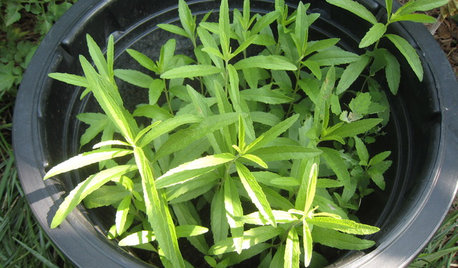
FALL GARDENINGBe Your Own Wildflower Nursery
Gather seeds from your garden in fall, and you'll have a selection of plants for next year — without spending a dime
Full Story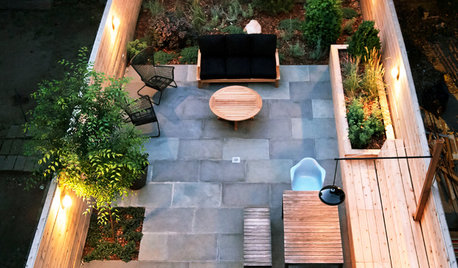
MOST POPULAR16 Ways to Get More From Your Small Backyard
Make a tight or awkward yard a real destination with these design tricks from the pros
Full Story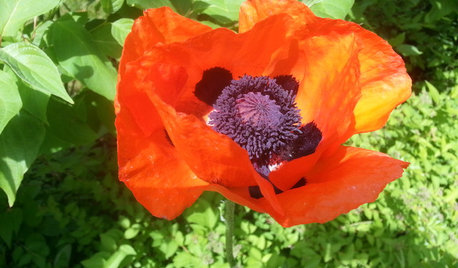
GARDENING GUIDESBeautiful Flowers and Foliage From Dedicated Backyard Gardeners
From lawn daisies to topiaries, Houzz users share their backyard beauties
Full Story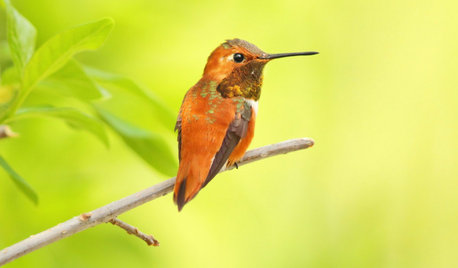
GARDENING GUIDESBackyard Birds: Invite Entertaining Hummingbirds Into Your Garden
Hummingbirds — unique to the Americas — zip through open landscapes seasonally or year-round. Here’s how to attract them
Full Story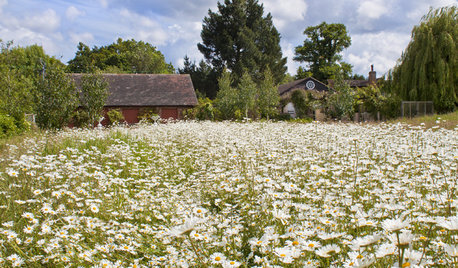
GARDENING GUIDESHouzz Call: What’s Your Favorite Backyard Beauty?
The simple, honest daisy is this writer’s go-to garden flower. We want to hear which plant, flowering or otherwise, gives you special joy
Full Story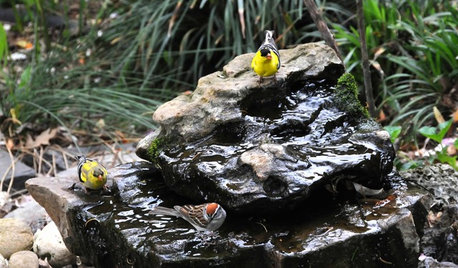
OUTDOOR PROJECTSBring In the Birds With a Homemade Bubble Rock
An avian expert from Southern Indiana shows how to make a burbling fountain that migrating birds will love
Full Story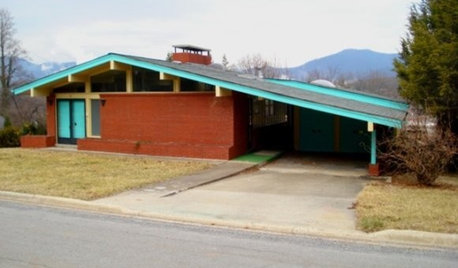
REMODELING GUIDESHouzzers to the Rescue: Users Solve Design Dilemmas
The proof is in the painting — and the pond. As Houzz users hit 100,000 discussions, see some of the results of their advice and ideas
Full Story
DECORATING GUIDESThe Hottest Houzz Discussion Topics of 2012
Discussions rocked and rolled this year with advice, support, budding friendships — and oh, yes, a political opinion or two
Full Story
EDIBLE GARDENSSummer Crops: How to Grow Tomatoes
Plant tomato seedlings in spring for one of the best tastes of summer, fresh from your backyard
Full Story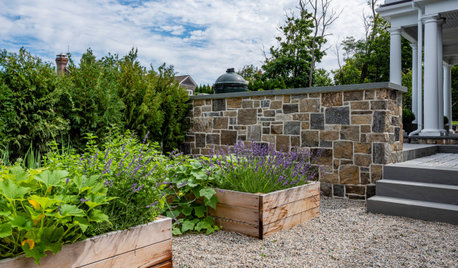
GARDENING GUIDES9 Ways to Be Water-Wise in the Edible Garden
Consider these tips to get a healthy backyard crop that uses less water
Full StorySponsored






ilima
mylu
Related Professionals
Garden City Landscape Architects & Landscape Designers · Saint Charles Landscape Architects & Landscape Designers · Southfield Landscape Architects & Landscape Designers · Forest City Landscape Architects & Landscape Designers · Medford Landscape Contractors · Mooresville Landscape Contractors · Wake Forest Landscape Contractors · North Richland Hills Landscape Contractors · Pleasant Prairie Landscape Contractors · Ponte Vedra Beach Landscape Contractors · Tavares Landscape Contractors · Brea Driveway Installation & Maintenance · Milpitas Driveway Installation & Maintenance · Royal Oak Driveway Installation & Maintenance · Fort Myers Driveway Installation & Maintenanceilima
ironhat2Original Author
ilima
trianglejohn
ironhat2Original Author
superphosphate
Cady
bruceNH
SeniorBalloon
Cady
ironhat2Original Author
superphosphate
Cady
superphosphate
covella
bruceNH
superphosphate
ironhat2Original Author
ilima
SeniorBalloon
bruceNH
trianglejohn
ironhat2Original Author
bruceNH
ironhat2Original Author
bruceNH
SeniorBalloon
bruceNH
SeniorBalloon
mylu
ironhat2Original Author
susieluv2grow
ironhat2Original Author
trianglejohn
ironhat2Original Author
susieluv2grow
trianglejohn
ironhat2Original Author
SeniorBalloon
susieluv2grow
ironhat2Original Author
mylu
ironhat2Original Author
nyssaman
ironhat2Original Author
trianglejohn
mcbdz
bkrauth